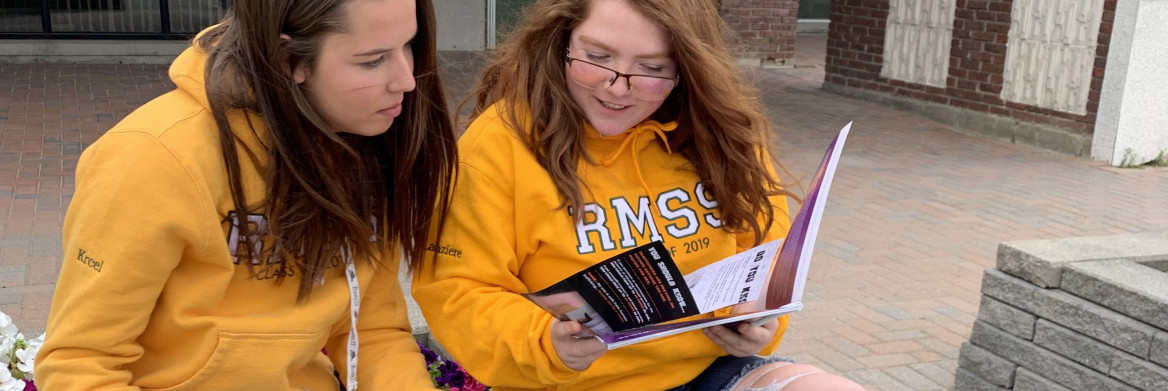Human trafficking ruins lives.
That's why those battling to protect people at risk are continually looking for ways to educate the most vulnerable and rescue those forced into illicit activities.
"Criminals are learning, in my opinion, that it's more cost effective to traffic in people," says Cpl. Sue Harvey, a supervisor in Alberta's Indigenous Policing Unit. "If they're selling drugs, they have to keep importing them. But once they've lured say, young girls into prostitution, they just keep re-trafficking them and making money."
Human trafficking — which includes sexual exploitation, forced labour and organ trafficking — is one of the largest international illicit businesses. It generates around $150 billion in profits worldwide annually, worldwide.
Victim support
The RCMP — through its Human Trafficking National Coordination Centre (HTNCC) — develops and assists with new approaches to spread information about the forced recruitment, transportation and concealment of people for unlawful purposes.
"In Canada, the majority of our known cases are for the purpose of sexual exploitation with females being the most commonly victimized," says Cpl. Emilie Jones, acting non-commissioned officer in charge of the HTNCC.
She say 95 per cent of the HTNCC's cases involve domestic human trafficking for sexual exploitation.
The HTNCC assisted the Canadian Centre to End Human Trafficking with developing a 24/7 multilingual national human trafficking hotline, which became operational in May.
"The hotline plays a crucial role in the fight against human trafficking," says Jones. "It acts as a central mechanism for referrals and helps connect human trafficking victims and survivors with support."
Helping survivors of human trafficking get back home to their families is another important part of their recovery process.
The centre has an agreement with WestJet to provide free transportation to victims of human trafficking so they can return home safely at no cost.
Jones says the HTNCC is working with other airlines on similar programs.
The centre's work also included a collaboration last October with the Ontario Provincial Police and 61 other law enforcement agencies, called Operation Northern Spotlight.
Investigators identified and provided support to people who officials suspected were being forced into the sex trade or who were at high risk of being trafficked.
Youth tool kit
Raising awareness about human trafficking is another critical piece that's achieved through police presentations, theatrical plays and detailed information booklets directed at young Canadians.
Centre staff have distributed thousands of youth tool kits to interested organizations since they were introduced in 2012.
"It's the main tool we use in order to create awareness in the youth community," says Jones.
The tool kit, which explains the scope of human trafficking in Canada, was used during the 2018-19 school year by some Grade 12 students at Roland Michener Secondary School in South Porcupine, Ont.
It was part of teacher Chantal Guenette's Equity and Social Justice class after the students decided one of their major topics of the year should be human trafficking.
"The students started questioning: Was it even happening here?" says Guenette. "So I decided to give that question back to the class."
Local police visited the students and revealed that human trafficking cases are under investigation in the area.
With information from the tool kit and their own research, the students organized an awareness campaign and presented daily morning announcements at the school.
"It's not a topic that has come up very much," Guenette admits. "But now the kids know it's everywhere and you can get sucked in before you realize it."
Harvey says those partnerships reflect the need to fight against human trafficking at many levels.
"It's a multi-jurisdictional issue that involves many organizations," says Harvey. "We need to recognize that people working in the sex trade, or those in the process of being deported, could be victims of human trafficking and need help before they get arrested or deported."
The national human trafficking hotline is 1-833-900-1010.
